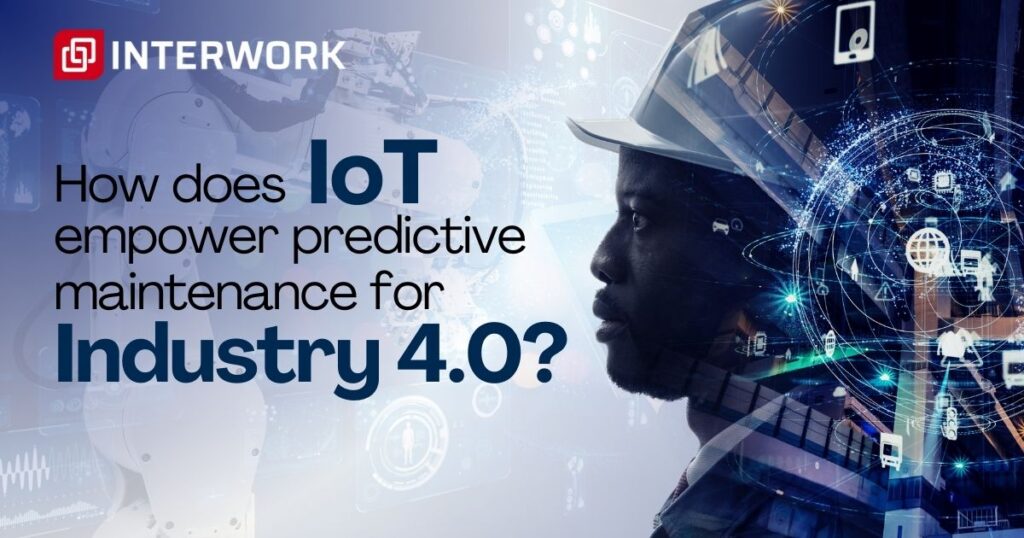How IoT and 5G Are Shaping Automotive Technology
The car manufacturing sector is altering the major trend in…

In today’s rapidly evolving industrial landscape, the convergence of the Internet of Things (IoT), automation, and big data analytics is reshaping the way industries operate. This transformative phenomenon, often referred to as Industry 4.0, marks a significant shift towards interconnected, intelligent systems that drive efficiency, productivity, and innovation across sectors.
At the core of Industry 4.0 lies the Internet of Things, which includes a network of interconnected devices, sensors, and machines that collect and exchange data in real time. These devices facilitate seamless communication and collaboration between machines, systems, and humans, leading to smarter and more responsive industrial processes. IoT in Industry 4.0 enables:
Automation, powered by IoT, plays a crucial role in Industry 4.0 by streamlining operations and reducing human intervention in repetitive tasks. Key aspects include:
The data from IoT devices is processed using advanced big data analytics techniques like machine learning and artificial intelligence (AI).
Industry 4.0 represents a paradigm shift towards more sustainable and efficient industrial practices. Key benefits include:
As Industry 4.0 evolves, integrating IoT, automation, and big data analytics will redefine industrial processes. This will enable businesses to operate more efficiently, innovate faster, and adapt to changing market dynamics with agility. In today’s digital world, organizations must adopt these technologies to succeed. The industry’s future lies in harnessing the power of IoT to unlock new levels of productivity, sustainability, and growth. Industry 4.0, powered by IoT, is the industrial revolution for a smarter, more connected future.